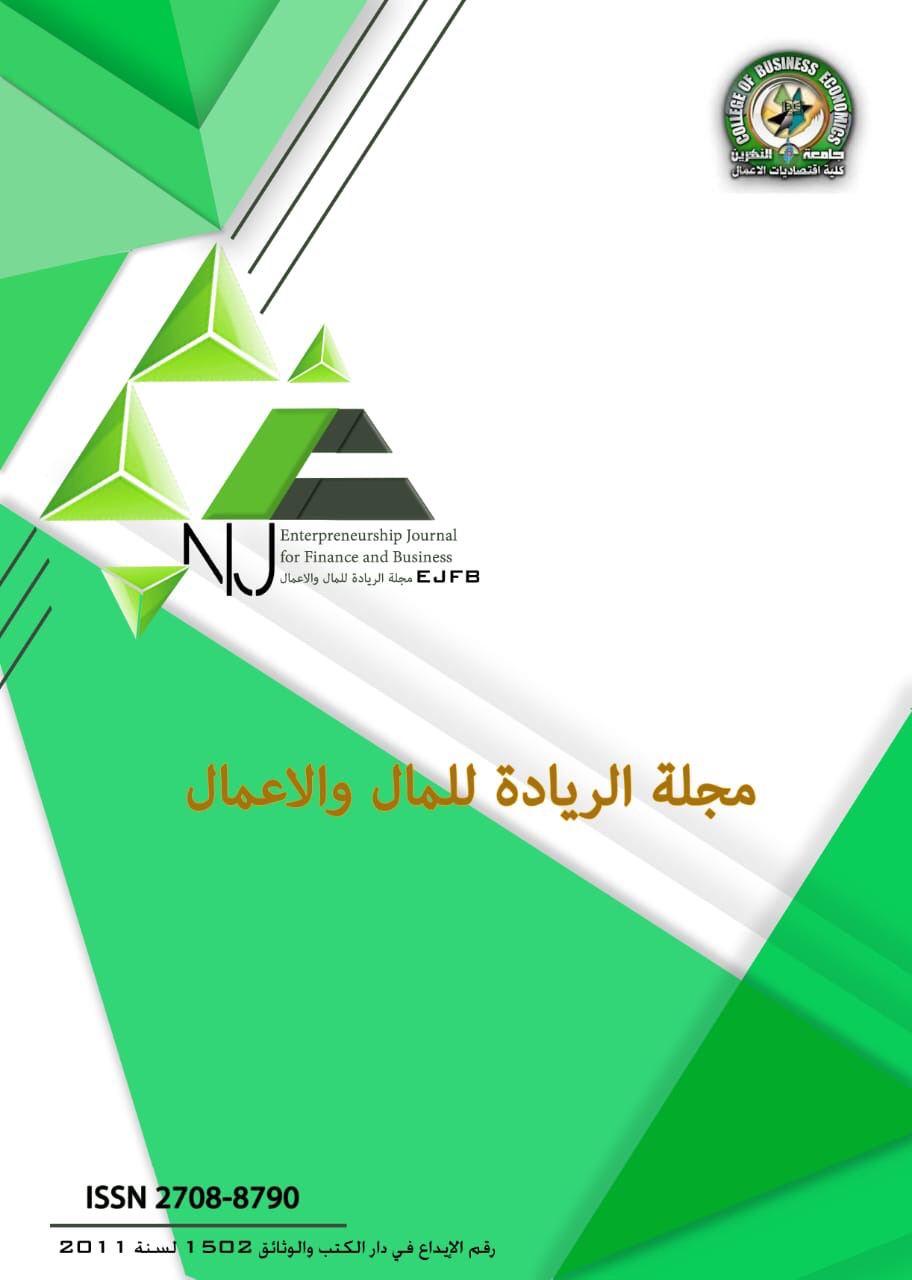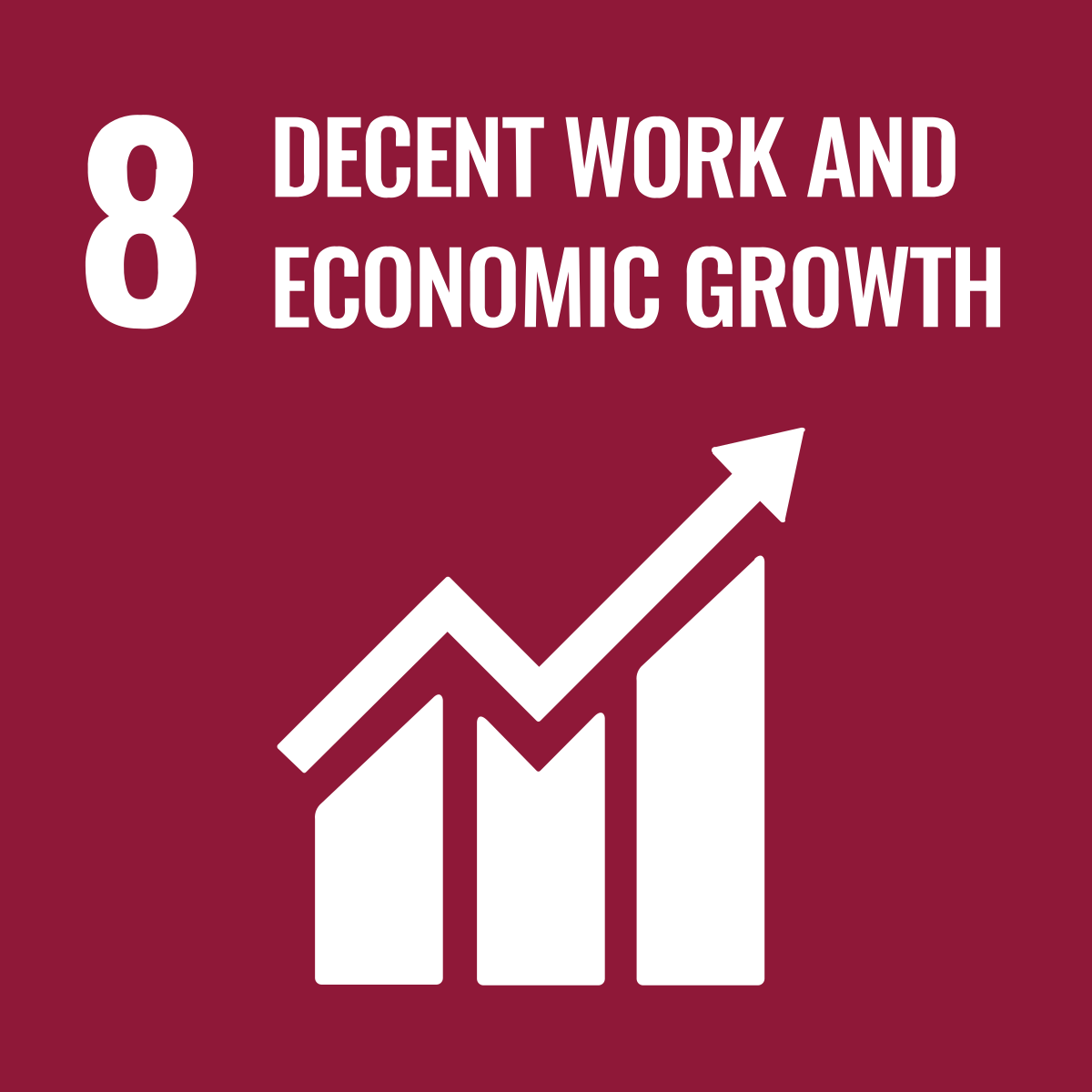Analysis of the relationship between oil shocks and the government budget in Saudi Arabia for the period 1990-2019
DOI:
https://doi.org/10.56967/ejfb2021104Keywords:
saudi economy, financial conditions, rentier economy, public spending, public revenues, oil pricesAbstract
The importance of the subject in estimating the impact of sudden oil shocks over decades since the early seventies of the twentieth century until now was the motive in choosing it, and naturally when oil prices are low, this will be reflected in the government's financial decisions. The research problem revolves around dependence on oil revenues mainly and the weakness of other sectors such as agriculture in financing the government budget in Saudi Arabia, which raises the following question: It is to what extent these countries can absorb those oil shocks and contain them through an appropriate fiscal policy. The research relied on the hypothesis that tracking the paths of oil shocks had clear repercussions in government budget decisions, which prompted Saudi Arabia to follow appropriate financial methods and means to contain the government budget deficit. One of the main objectives of the research is to show the risks of oil shocks on financial conditions in creating surpluses or deficits in these financial conditions for government budgets, and the research relied on the analytical method to prove its hypothesis to show the trends of these shocks. The research reached a number of results, including that oil is and is still one of the most important drivers of political and economic developments, and many believe that it is the determinant of these developments. Accordingly, the research recommended: to work on diversifying the Saudi economy in order to move from a rentier economy to an economy with strong pillars based on the development of service, agricultural, industrial and production sectors, in order to reduce the severity of negative oil shocks on the Saudi economy, and the need to choose appropriate methods for investment Correct oil revenue.
Downloads
Downloads
Published
How to Cite
Issue
Section
License

This work is licensed under a Creative Commons Attribution 4.0 International License.
This is an Open Access article distributed under the terms of the creative commons attribution (CC BY) 4.0 international license which permits unrestricted use, distribution, and reproduction in any medium or format, and to alter, transform, or build upon the material, including for commercial use, providing the original author is credited.






